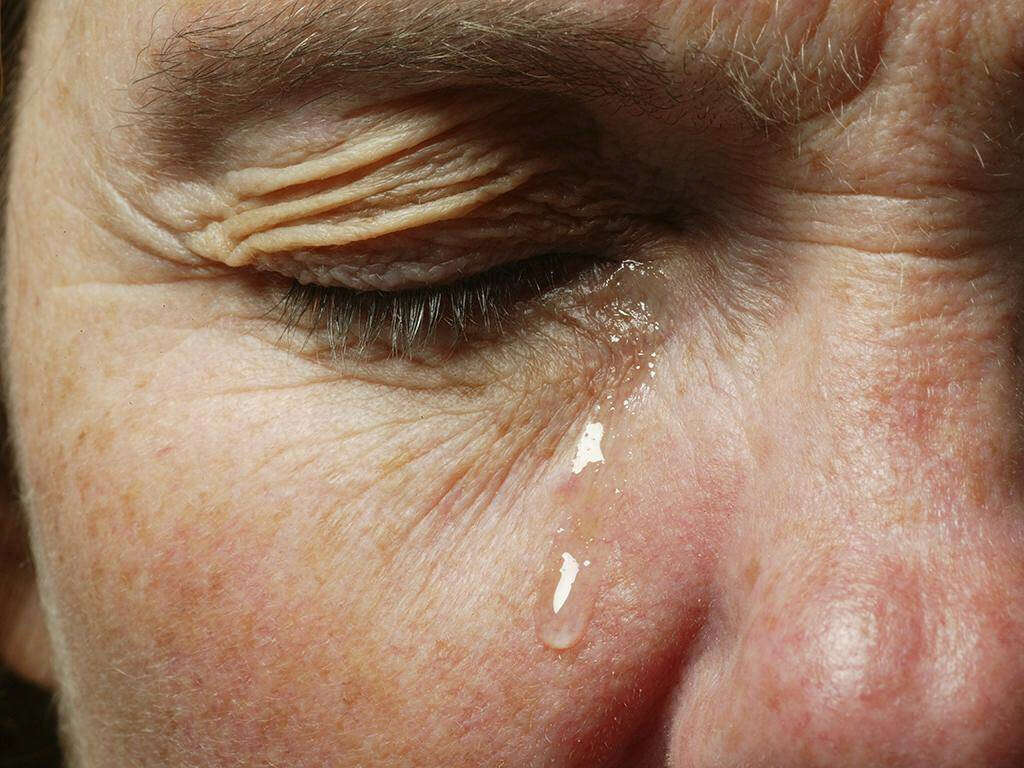What Is OCD?
We all have our preferred ways of doing things. We might want towels folded in a certain ways or things put on shelves in the right order. We might even become a little irritated when things are not as we want them, but it is not usually something that is a real problem for is. Unfortunately, not everybody can say the same thing,
Obsessive compulsive disorder is a mental health condition that can affect anybody. In some cases, it can be debilitating to the point where the patient is unable to leave their own home. It can even be dangerous for the patient in more severe cases, but treatment is available for the condition.
1. Obsessive-Compulsive Disorder
Obsessive compulsive disorder, which is commonly known as OCD, is a condition that causes the patient to have obsessions. These obsessions can also lead to compulsions, causing the patient to behave in certain ways. Such is the nature of these obsessions and compulsions that the patient can become quite distressed if they try to ignore them.
For a lot of people with OCD, the symptoms will be quite mild and have little impact on their lives. For others, however, the symptoms can be so overbearing that the patient struggles to live a ‘normal’ life. There is no cure for the condition, but treatment can be effective at helping to improve the patient’s quality of life.
2. Causes
Little is known about what actually causes obsessive compulsive disorder. However, there are certain factors that can make somebody statistically more likely to develop the condition than others. It is thought, for example, that the patient’s genetic make-up is responsible in some cases. However, we have yet to identify any genes that might be responsible for the condition.
It is thought that the obsessions and compulsions are learned behaviors in some cases, and they may be learned from watching family members. It is also thought that the condition may sometimes be down to the patient’s brain functions and natural chemistry.

3. Obsession Symptoms
As mentioned, the patient will likely suffer from both obsessions and compulsions. When it comes to obsession symptoms, the patient can have difficulty making them go away. No matter how hard they might try, the patient’s obsessions can be persistent and can cause them to think thoughts that are not welcome.
The types of obsessions the patient can experience include obsessions about hygiene and the need to stay clean. The condition can also cause obsessions with a need for things to be in the right order. Other obsessions might be thoughts about religions or sexual thoughts, and the patient may also harbor thoughts about harming people, including themselves.
4. Compulsion Symptoms
Compulsions in obsessive compulsive disorder are actions that the patient feels compelled to perform. They will often need to be performed repetitively. The patient will perform the actions to make them feel more comfortable, but any relief they gain from their obsession will only be temporary.
The compulsions can include actions like the need to follow set routines. The patient will likely be compelled to make sure everything is perfectly orderly at all times. They may feel the need to keep on checking that things are as they should be and this can include counting items to be sure the right number is present.

5. Complications
The symptoms of obsessive compulsive disorder can make the patient feel very uncomfortable at times, and they can also make things awkward for them socially. They can also go on to develop potentially severe complications for the patient. This includes difficulties being at work and in social environments. Strained relationships are another potential complication.
The patient can also find themselves spending a great deal of time performing certain behaviors. Health problems can also arise, such as sores caused by obsessive and aggressive hand washing. The symptoms can cause the patient to suffer a poor quality of life, and some will even attempt to take their own lives.
6. Who’s At Risk
Just about anybody can develop obsessive compulsive disorder. However, some people are more likely to develop it than others are. One example is people that have experienced an extremely stressful situation at some point in their lives. People that have a history of obsessive compulsive disorder are also more likely to develop the condition themselves.
Other risk factors include the patient already having other mental health conditions. For example, people that have depression and anxiety disorders are more likely to develop obsessive compulsive disorder. The condition is also more likely to be found in people who abuse drugs and/or alcohol.

7. Prevention
It is not yet possible to make sure that we don’t develop obsessive compulsive disorder. The events that can trigger the condition can happen to people from all walks of life and without warning. There is also no known way of preventing it from other causes such as genetic make-up.
However, somebody that has been diagnosed with the condition can take steps to prevent serious complications arising. Treatment can be very effective, but it is advisable for the patient to get treatment as soon as possible because this will make treatment easier and more effective. This means the patient will need to recognize they have a problem and agree to get treatment.
8. Diagnosis
Your doctor will need to ask you questions about your symptoms and about your medical history. A brief physical exam may also be undertaken to help rule out potential physical causes. You will likely need to be referred to a psychologist if obsessive compulsive disorder is suspected.
The psychologist will then need to hold sessions with you, asking you questions about your symptoms. You will likely be asked about any obsessive thoughts you might have, and any compulsions that you perform. The psychologist may also wish to speak with your friends and family members about your symptoms and behavior. This will help give them a better idea of your condition and how it impacts other people.

9. Medication
Obsessive compulsive disorder cannot be cured, but it can be treated quite effectively in many cases. Medication is available that can help to treat the patient’s symptoms, and antidepressants are used in most cases. A range of antidepressants may be used; which ones will depend largely on the severity of the patient’s symptoms and other factors like their age.
In some cases, psychiatric medication may also be used, and there may be a period of trial and error before experts are able to find a combination that works for you. Some of the medication used will have some very unwelcome side effects so it will need to be used carefully.
10. Psychotherapy
Psychotherapy can also be very effective at helping to treat obsessive compulsive disorder. There are different types of psychotherapy, and one that is often used to treat OCD is exposure and response prevention. This involves gradually exposing the patient to whatever it is they have an obsession about so they can get used to it.
Psychotherapy also involves teaching the patient the skills that they need to help them manage their symptoms. This includes helping them to resist the urge to give in to their compulsions and perform their usual rituals. Psychotherapy can be effective enough to considerably enhance the patient’s quality of life.








